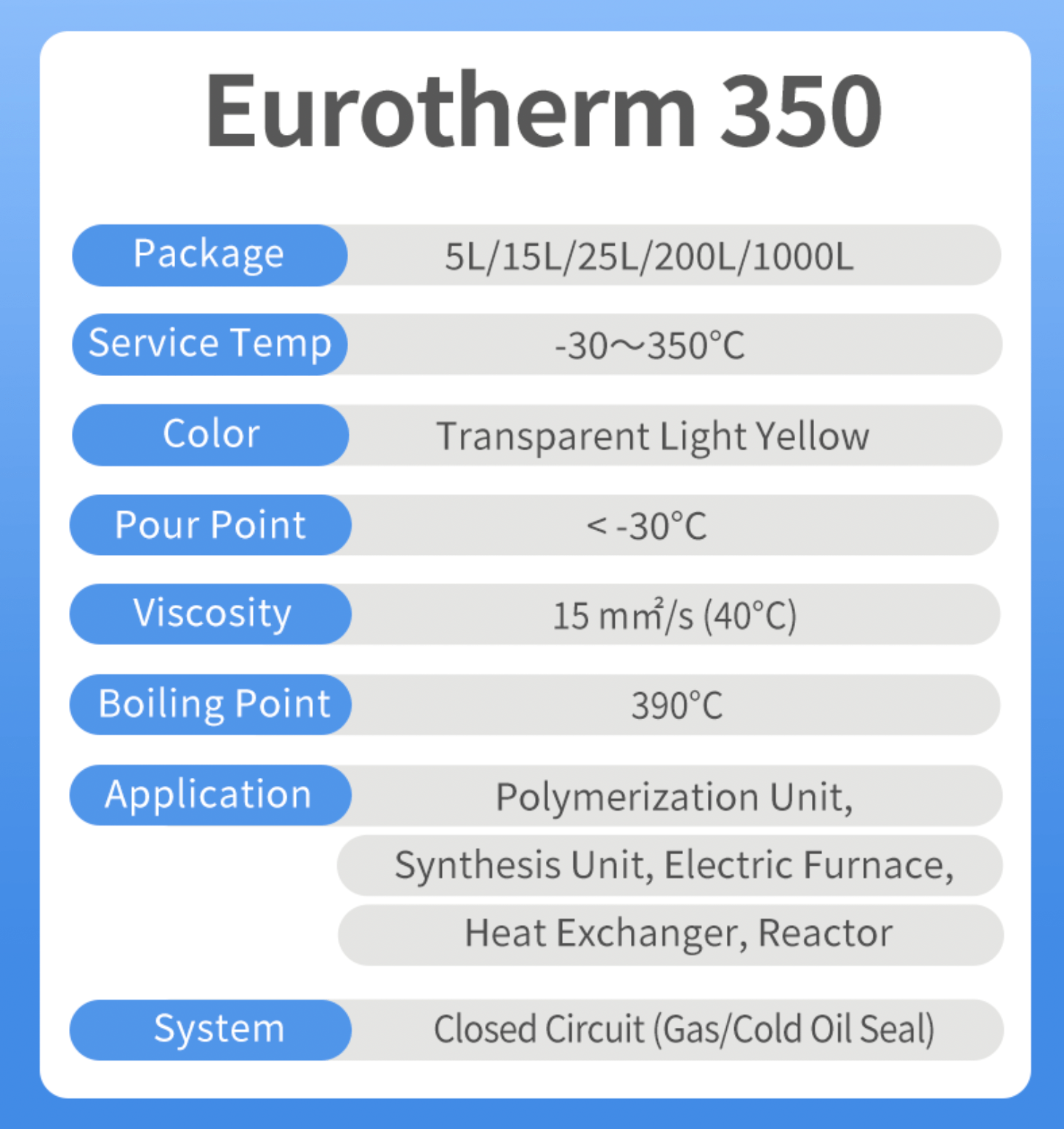Selecting the Right Heat Transfer Fluid for Your Application: Key Considerations
Selecting the Right Heat Transfer Fluid for Your Application: Key Considerations
Blog Article
Why Picking the Right Heat Transfer Fluid Is Essential for Optimal System Effectiveness
Choosing an appropriate warm transfer liquid is a crucial decision that can dramatically impact system effectiveness and functional costs. As the implications of this option prolong far past immediate efficiency, recognizing the subtleties of fluid option comes to be necessary for any person looking to accomplish optimal system efficiency.
Relevance of Heat Transfer Fluids
What role do heat transfer liquids play in industrial processes? Warm transfer liquids are important for the reliable transfer of thermal power within different commercial systems. They assist in the motion of warmth from one location to an additional, ensuring that procedures operate within optimal temperature level ranges. Their main feature is to take in heat from a resource, such as a heater or activator, and provide it to an end user, like a warm exchanger or distillation column.
The option of warm transfer fluid can significantly impact energy devices, effectiveness, and security durability. Fluids have to can enduring heats and stress without deteriorating, in addition to exhibit very little volatility and reduced toxicity. Their performance straight impacts not just the productivity of the system however likewise its functional prices.
Furthermore, heat transfer liquids play an important function in preserving procedure control, making sure that temperature fluctuations are decreased. This is particularly crucial in sensitive applications such as petrochemicals and drugs, where exact temperature level administration is important. In general, the importance of selecting the best heat transfer liquid can not be overemphasized, as it is important to optimizing industrial procedures and boosting total system performance.
Key Feature to Take Into Consideration
When selecting a warm transfer liquid, which key properties should be focused on to ensure optimum performance? Firstly, thermal conductivity is vital; a liquid with high thermal conductivity will efficiently transfer warmth, lessening energy loss. Additionally, the certain heat capacity of the fluid is essential, as it establishes just how much power the liquid can release and save, impacting overall system responsiveness.
Thickness is an additional substantial home to consider, as it influences the liquid's circulation qualities; lower thickness fluids are generally liked for easier flow and decreased pumping power. The liquid's temperature variety is just as crucial; it has to do efficiently within the functional temperatures of the system without vaporizing or degrading.
Take into consideration the ecological impact and security account of the fluid, as laws and sustainability goals significantly affect fluid choice. By focusing on these essential residential properties, one can pick a heat transfer liquid that boosts system durability and reliability.

Influence on System Efficiency
The choice of warm transfer liquid straight affects system performance, affecting both power usage and functional efficiency. A liquid's thermal conductivity, viscosity, and heat ability play essential duties in how effectively it moves warm within a system. Ideal fluid residential properties ensure that warm is soaked up and distributed efficiently, minimizing energy losses and enhancing the overall performance of the system.

In addition, the compatibility of the fluid with system materials can considerably impact performance. A fluid that triggers deterioration or deterioration can lead to leakages and system failures, better reducing performance. In recap, the ideal warm transfer fluid not just makes the most of energy efficiency and lowers prices but likewise improves the dependability and longevity of the system, making it an essential consideration for designers and decision-makers in thermal monitoring applications.
Common Sorts Of Heat Transfer Fluids
A selection of heat transfer liquids are commonly employed in thermal administration systems, each with distinctive residential properties fit to specific applications. Water is just one of one of the most commonly made use of heat transfer fluids because of its high particular heat capacity, inexpensive, and schedule. Nevertheless, a fantastic read its freezing point restricts its usage in low-temperature applications.
Thermal oils, usually acquired from petroleum, are one more popular choice, specifically in high-temperature systems. These liquids can operate at elevated temperatures without evaporating, making them excellent for commercial applications. Nevertheless, they may have limitations concerning thermal security.
Refrigerants, used mostly in cooling systems, have unique thermodynamic homes that enable efficient heat transfer at reduced temperature levels. Their choice is crucial to make sure performance and compliance with ecological laws.

Furthermore, stage adjustment materials (PCMs) are obtaining traction for their ability to soak up and launch substantial quantities of warmth throughout stage changes, offering an unique solution for thermal energy storage. Each fluid's specific characteristics must be assessed for optimal performance.
Best Practices for Selection
Selecting the appropriate heat transfer liquid entails mindful factor to consider of a number of crucial elements that line up with the particular requirements of the application. First, assess the functional temperature level variety. The liquid needs to preserve its residential properties and read the article effectiveness throughout the designated temperature spectrum. Second, think about the fluid's thermal conductivity, which affects heat transfer rates; higher thermal conductivity usually brings about boosted performance.
Furthermore, assess the fluid's viscosity, as it affects pumping power and overall system effectiveness. Reduced thickness liquids typically decrease energy consumption throughout circulation. Compatibility with system products is one more vital element; guarantee that the liquid does not create deterioration or deterioration of elements and pipes.
Next, take into consideration the liquid's stability and long life, particularly in high-temperature applications. A steady liquid minimizes maintenance and substitute prices. Environmental and security laws should direct your choice procedure, stressing ecologically pleasant and safe alternatives when possible.
Conclusion
To conclude, picking the ideal heat transfer fluid is vital for attaining ideal system effectiveness. The ideal liquid improves thermal conductivity, lowers power losses, and advertises tools long life, ultimately leading to improved system reliability and performance. Comprehending the crucial residential or commercial properties and effects of numerous liquids on system performance is crucial for informed decision-making. Adhering to best practices in fluid selection can cause substantial lasting price financial savings and functional performance.
Warm transfer liquids are essential for the reliable transfer of thermal energy within various industrial systems. Furthermore, the specific heat capacity of the find more liquid is crucial, as it establishes exactly how much power the fluid can save and launch, affecting total system responsiveness.
Think about the environmental influence and security account of the fluid, as laws and sustainability objectives progressively affect fluid option - thermal oil. A liquid's thermal conductivity, viscosity, and warmth capacity play crucial functions in just how successfully it transfers warm within a system. Water is one of the most widely utilized heat transfer fluids due to its high specific warm capacity, reduced cost, and schedule
Report this page